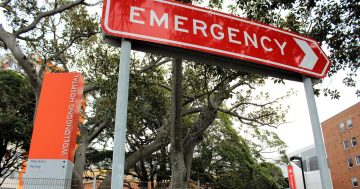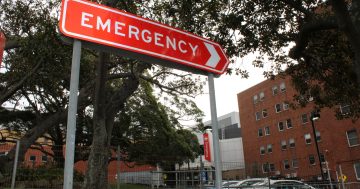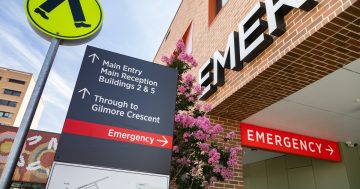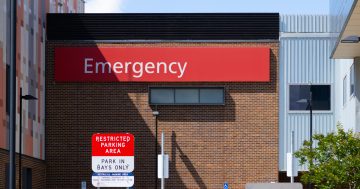 Non-urgent elective surgery requiring an overnight stay is to resume next week (7 February) in private hospitals and, where possible, in some regional and rural public hospitals.
Non-urgent elective surgery requiring an overnight stay is to resume next week (7 February) in private hospitals and, where possible, in some regional and rural public hospitals.
Announced by Premier Dominic Perrottet, private hospitals are to be permitted to return to a 75 per cent capacity and public hospitals in regional and rural areas to 75 per cent of pre-pandemic activity levels.
“The reintroduction of non-urgent elective surgery will be done in a phased manner to balance the ongoing potential need for extra capacity in our hospitals and the need for people in NSW to access their elective surgeries as quickly as possible,” Mr Perrottet said.
“We recognise the effect these necessary restrictions have had on the lives of people requiring non-urgent elective surgery and I want to assure them we will be doing everything possible to return to full capacity in all of our hospitals as soon as possible,” he said.
Minister for Health, Brad Hazzard said private hospitals would retain some capacity to assist public hospitals by taking patients if necessary and would also continue to take public patients for non-urgent elective surgery to ensure equity of access.
Mr Hazzard said hospitals remained under pressure due to COVID-19, so only public hospitals that were in a position to resume non-urgent elective surgeries without compromising their ability to care for COVID-19 patients and patients with other medical conditions would do so.
Acting Deputy Secretary of NSW Health, Wayne Jones said metropolitan public hospitals would remain focused on the demands associated with caring for COVID-19 patients.
“Where necessary, local health districts may also re-impose temporary restrictions at a hospital in the event of a local outbreak to ensure the community are kept safe and can access hospital care if required,” Mr Jones said.
He encouraged patients who had been impacted by the restrictions, reintroduced on 10 January, to seek medical attention should their condition change so that they could be clinically reviewed and re-prioritised to a more urgent category if required.










